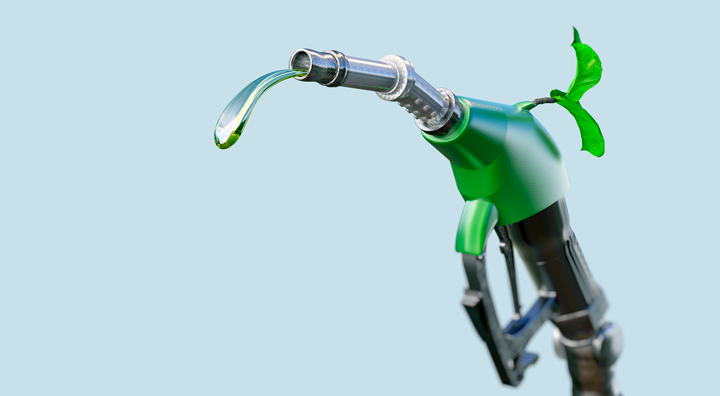
Image: Adobe Stock
“This decision buried the sector’s hopes that we could have a definitive state policy with Renovabio. It is very strange to maintain 10% next year”, highlighted Francisco Turra, president of the Association of Biofuel Producers of Brazil (Aprobio).
{module Form RD}
Biodiesel, in the final price of diesel, represents 9%, and this year it increased by 0.1%. Oil, which represents the rest of the consumer price, discounting taxes and freight, increased by more than 60% in 2021. For producers, the calculation will be like this: these 3% less production means that the sector will no longer produce 2.4 billion liters more, over the 6.4 billion/l represented by 10%. This is more or less 3 million tons less of soybeans, the main biomass, and a few billion reais that the entire chain will no longer collect.
For Donizete Tokarski, Superintendent Director of the Brazilian Union of Biodiesel and Biokerosene (Ubrabio), the measure impacts the economy. “It reduces employment in the interior, which is the great need today for this contingent of unemployed people in Brazil. This could even close biodiesel industries. Today we have 54 biodiesel industries spread across the country”, he adds.
Other entities helped to thicken the discourse against the government. Aprosojase and the Brazilian Animal Protein Association (ABPA), which represent farmers and breeders, highlight another problem: the extraction of oil leaves the bran. And, with more bran, production costs on farms and feedlots are lower, at a time when input costs for next year are once again in doubt. With less bran, higher costs will also have an impact on the consumer.
The Brazilian Association of Vegetable Oil Industries (Abiove) highlights the losses. “This will generate a reduction of US$ 2.5 billion in income for Brazil because this biodiesel will be replaced by imported diesel and then we will spend US$ 1.2 billion on importing fossil diesel”, comments the president of the entity, André Nassar .
By: Eliza Maliszewski | agrolink










